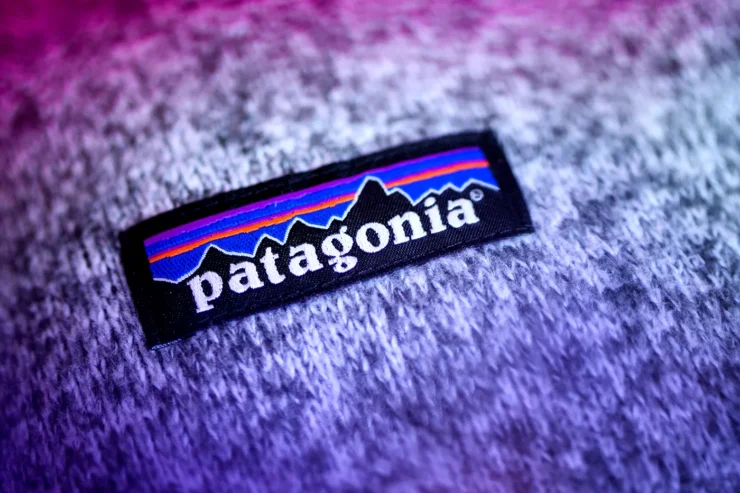In the ever-evolving landscape of business, sustainability has become a pivotal concern. Companies worldwide are realizing that adopting responsible business practices is not just a moral imperative but also a strategic advantage. One crucial step toward achieving this is obtaining a Responsible Business Sustainability certification. But what exactly does this entail?
The process is a comprehensive evaluation that measures a company’s adherence to sustainable and responsible business practices. It covers various aspects, such as environmental impact, social responsibility, ethical governance, and more. Achieving an RBS diploma signifies that a business is committed to minimizing its negative impacts on society and the environment while maximizing positive contributions.
Understanding the Importance of RBS Certification
Why is this Certification so vital? Firstly, it’s a clear demonstration of a company’s dedication to sustainability and ethics, boosting its reputation in the eyes of consumers, investors, and partners. In an era where consumers demand transparency and responsible practices, RBS Certification can be a competitive advantage.
Secondly, it can open doors to new markets and partnerships. Many governments, organizations, and investors prefer to work with certified businesses, as they align with sustainability goals. This diploma can also reduce risks related to legal and regulatory compliance.
Gathering Necessary Documentation for Certification

The foundation of a smooth process is meticulous documentation. Begin by creating a comprehensive inventory of your business operations, policies, and practices. This should include data on your environmental impact, employee welfare, supply chain practices, and corporate governance.
Ensure that your data is accurate and up-to-date, as Certification auditors will scrutinize this information during the RBS training. Any inconsistencies can lead to delays or even diploma denial. RBS training plays a pivotal role in preparing your organization for the credential audit, equipping your team with the knowledge and skills needed to maintain compliance and present a cohesive and reliable picture of your sustainability efforts.
Consider investing in sustainability management software to streamline data collection and management. These tools can help you compile and report on various sustainability metrics, making the process more efficient.
Selecting the Right RBS Certification Program
Choosing the appropriate RBS program is a crucial decision. Several internationally recognized diploma standards exist, such as ISO 14001 for environmental management, ISO 26000 for social responsibility, and B Corp certification for ethical business practices.
Research each program thoroughly to determine which aligns best with your business objectives and values. Some programs may be more industry-specific, so pick one that suits your sector. Additionally, consider the credibility and reputation of the certification body. A well-respected organization will add more value to your certification.
Preparing Your Organization for the Certification Audit
The certification audit is the pivotal moment in your journey. It involves a thorough examination of your business practices, policies, and documentation by an independent auditor. To ensure a smooth audit process, preparation is key. Start by conducting an internal audit to identify gaps and areas for improvement. This will help you rectify issues before the official audit.
Engaging Stakeholders in the Certification Process

This isn’t just an internal affair—it involves your stakeholders as well. Engaging them can bring valuable perspectives and support to your journey.
Customers, suppliers, and employees should be informed about your commitment to Diploma. Engage with them through communication channels such as newsletters, workshops, or forums to gather feedback and support.
Addressing Common Challenges During Certification
While working towards credentials, you’re likely to encounter various challenges. These may include resistance to change, lack of data, and resource constraints. Addressing these challenges proactively is crucial. To overcome resistance, communicate the benefits of credentials clearly to employees and involve them in decision-making processes.
Maintaining Compliance Post-Certification
Once you obtain a diploma, your journey doesn’t end. Maintaining compliance is an ongoing process. Create a sustainability roadmap that outlines your goals and targets for continuous improvement. Regularly monitor and report on your sustainability metrics to track progress.
Leveraging RBS Certification for Business Growth
A driver for corporate progress, RBS Certification is more than simply a credential. It may expand your brand’s reach into new countries, draw in ethical investors, and improve its image. Use your diploma as a marketing tool. Showcase it on your website, product packaging, and promotional materials to inform customers of your commitment to responsible business practices.
Case Studies of Successful RBS Certification
To truly understand the impact and benefits of a Responsible Business Sustainability diploma, let’s delve into real-life case studies of companies that have successfully navigated the process and reaped substantial rewards.
1. Patagonia – A Beacon of Ethical Business

Certification: B Corp Certification
Patagonia, the renowned outdoor clothing and gear company, has long been a pioneer in ethical and sustainable business practices. In 2012, they achieved B Corp credentials, reaffirming their commitment to using business as a force for good.
Key Achievements:
- Patagonia’s B Corp diploma helped them attract socially conscious consumers who appreciate the brand’s dedication to environmental and social responsibility.
- The company continues to invest in sustainability initiatives, such as reducing its carbon footprint, using organic materials, and promoting fair labor practices.
- Patagonia’s commitment to sustainability and transparency has not only preserved its loyal customer base but also attracted new customers who align with its values.
2. IKEA – Sustainability at the Core
Certification: FSC (Forest Stewardship Council) Chain of Custody Certification
IKEA, the Swedish furniture giant, has integrated sustainability into its core business model. They are known for their commitment to responsible sourcing of materials, energy efficiency, and sustainable product design.
Key Achievements:
- IKEA’s FSC Chain of Custody diploma ensures that the wood used in its products comes from responsibly managed forests. These credentials align with their goal of sourcing 100% of their wood from more sustainable sources.
- The company’s investment in renewable energy and energy-efficient technologies has resulted in significant reductions in greenhouse gas emissions.
- IKEA’s sustainability initiatives have not only enhanced its reputation but have also appealed to eco-conscious consumers, driving sales and brand loyalty.
Conclusion
Navigating the diploma process can be challenging but immensely rewarding. It demonstrates your commitment to sustainability and responsible business practices, which can lead to enhanced reputation, increased market opportunities, and business growth.
Key takeaways for a smooth RBS Certification process include thorough documentation, selecting the right program, meticulous preparation for the audit, engaging stakeholders, and addressing common challenges. Furthermore, maintaining compliance post-certification and leveraging your credentials for business growth is essential for long-term success.

